The Tragic Thing About Vaccines... is that they work.
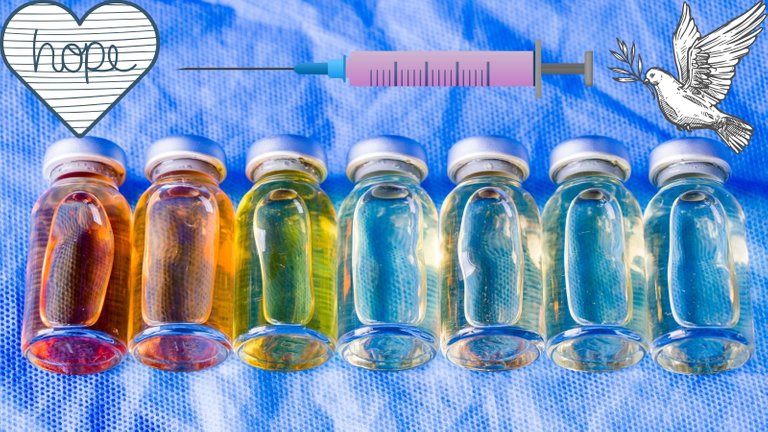
No, seriously. I know it's a bit in-vogue throughout the deeper internet sphere to spin theories about the dark side of vaccine use, but this theorizing only ever serves to create barriers for the communities that need vaccinations the most: the poor, under-represented, and often neglected populations in communities across the world.
How do you get sick?
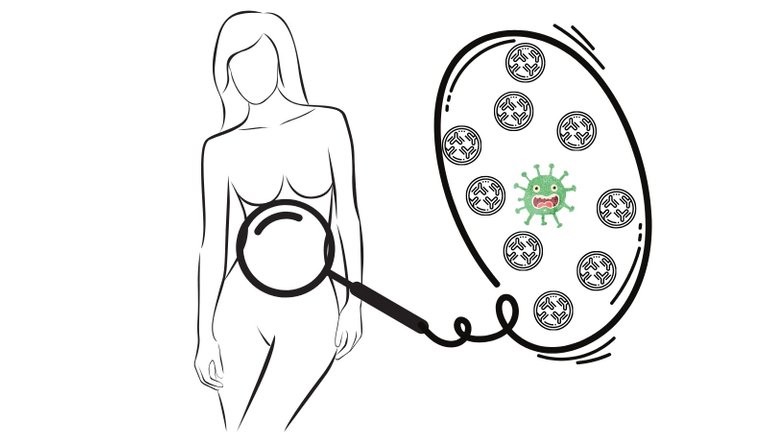
When bacteria or viruses enter the body, they begin to multiply. The more they multiply and spread throughout your body, the more serious the consequences to your health. There are tons of ways for these little invaders to get into your body, but when they do their only goal is to fulfill their most simple biological imperative: spread and survive.
Your immune system, meanwhile, has a different goal: ensure that you survive and thrive.
To fight the invaders, your immune system uses a number of different tools, built into your body's white blood cells. While the red blood cells carry oxygen, your white blood cells serve like a tiny defensive army working to keep you safe. If you think of it like that, then imagine the following as different "soldiers" in your defending garrison.
- Macrophages: these gobble up entire dead or dying cells, as well as germs, and "tag" them by leaving behind pieces of them for other parts of the immune system to find. These remnants are called antigens, and they give the rest of the immune system something to lock onto and recognize as an invader.
- B-lymphocytes: these cells follow in the wake of the macrophages and beat the crap out of antigens that have been left behind, making sure that nothing remains to replicate.
- T-lymphocytes: these are like your body's own defensive line of watchtowers. They don't just attack tagged intruders, they stay active in the body, alert for signs of a previously-tagged intruder. By remembering what a previous infection looked like, they can attack faster in the future, and lead the B-lymphocytes on a glorious charge to victory.
Vaccines are like your body's "boot camp".
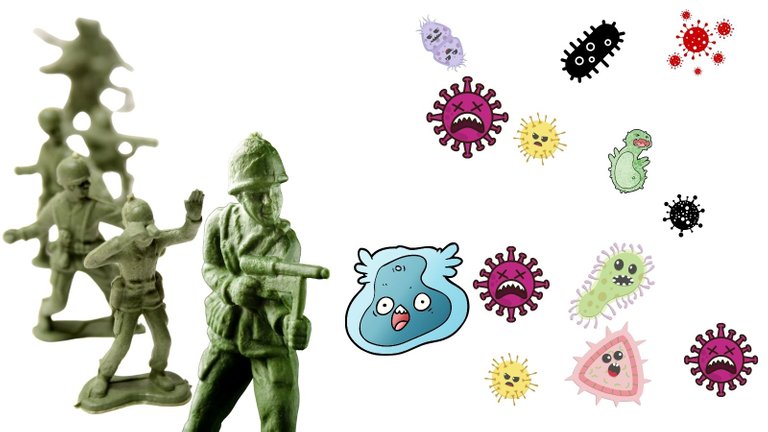
You know how, in basic training, you go through the rigors of physical and mental experiences intended to replicate the stresses of being in the field? That's exactly what a vaccine is doing for your body. It actives the response of the T-lymphocytes, your body's "watchtower system" and tells them and your B-lymphocytes "hey, this is the sort of enemy we need to be prepared for!"
Eventually your body will forget what type of enemies it needs to defend against. Many viruses and bacteria find ways to evolve, too, and defeat your body's defenses. That's why multiple doses of a vaccine are needed over time, and why some vaccines are reintroduced in different varieties (like the flu vaccine) -- they've been updated to include the most likely known variations that you're hopefully going to encounter.
Vaccine fears
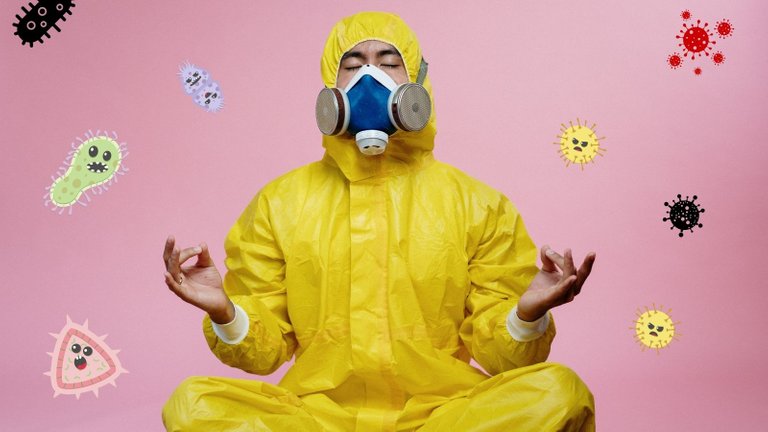
It's totally right to be cautious about treatment options and to carefully educate yourself about the options available to you, but luckily educational resources for vaccinations are readily available online. If you have a primary care physician, you can also ask them to explain these topics to you, to help you better understand how to care for your body.
Some people think that natural infections better help the body fight off future illnesses, but that's really not the case. Would you put a bunch of green recruits into a live-fire exercise? Of course not! Then why would you subject your body to the biological comparative? A vaccine will train your body gently, usually producing only mild side effects, allowing you to prepare yourself without being seriously harmed.
Vaccines as social responsibility

Vaccines function best through "herd immunity", which is just a fancy way of saying that diseases have a hard time spreading if more people are immune to them. Some people can't get vaccinated for various reasons, and others have weakened immune systems that can't fight off disease even if they have been vaccinated. By surrounding those people with vaccinated individuals, we keep them safe by creating a physical barrier of healthy and protected individuals.
Herd immunity also helps us limit the ability of diseases to evolve. The fewer chances that a disease has to replicate and experiment with attacking our defenses, the less likely it will be to overcome those defenses. That's why it's incredibly dangerous to have communities of people who refuse to vaccinate -- not only is it dangerous for them, it creates the ideal breeding ground for more powerful diseases which might then be able to spread and overcome the defenses of other people!
We can do it, together!
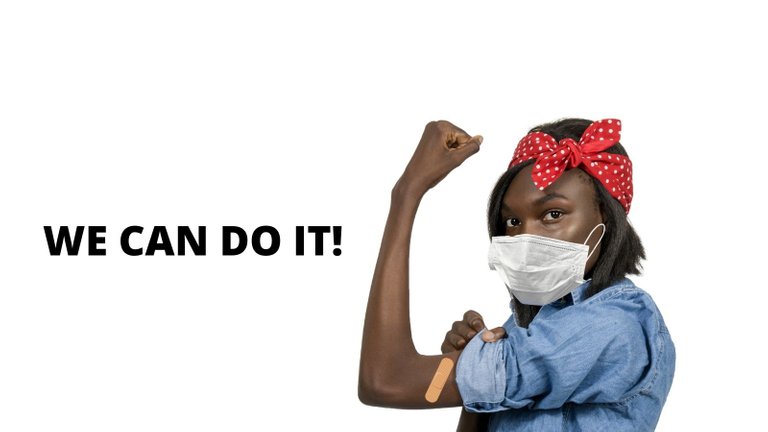
The good news in the fight against COVID-19 and other diseases is that vaccines do exist, they are effective, and the rates of vaccinated people are rising every day. We need to be watchful of varients and look out for our immune-compromised populations, but if we stick with it we can beat whatever comes our way.
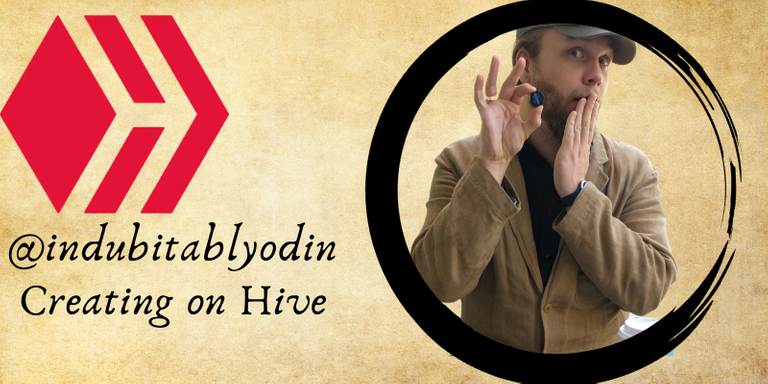
I never watched vaxxed either ....
To me, your post was clear and well explained but I'm kind of surprised it didn't get more response from the anti-vax supporters.
Frankly, so am I😅😂
Thanks for the comment, glad you appreciated it!